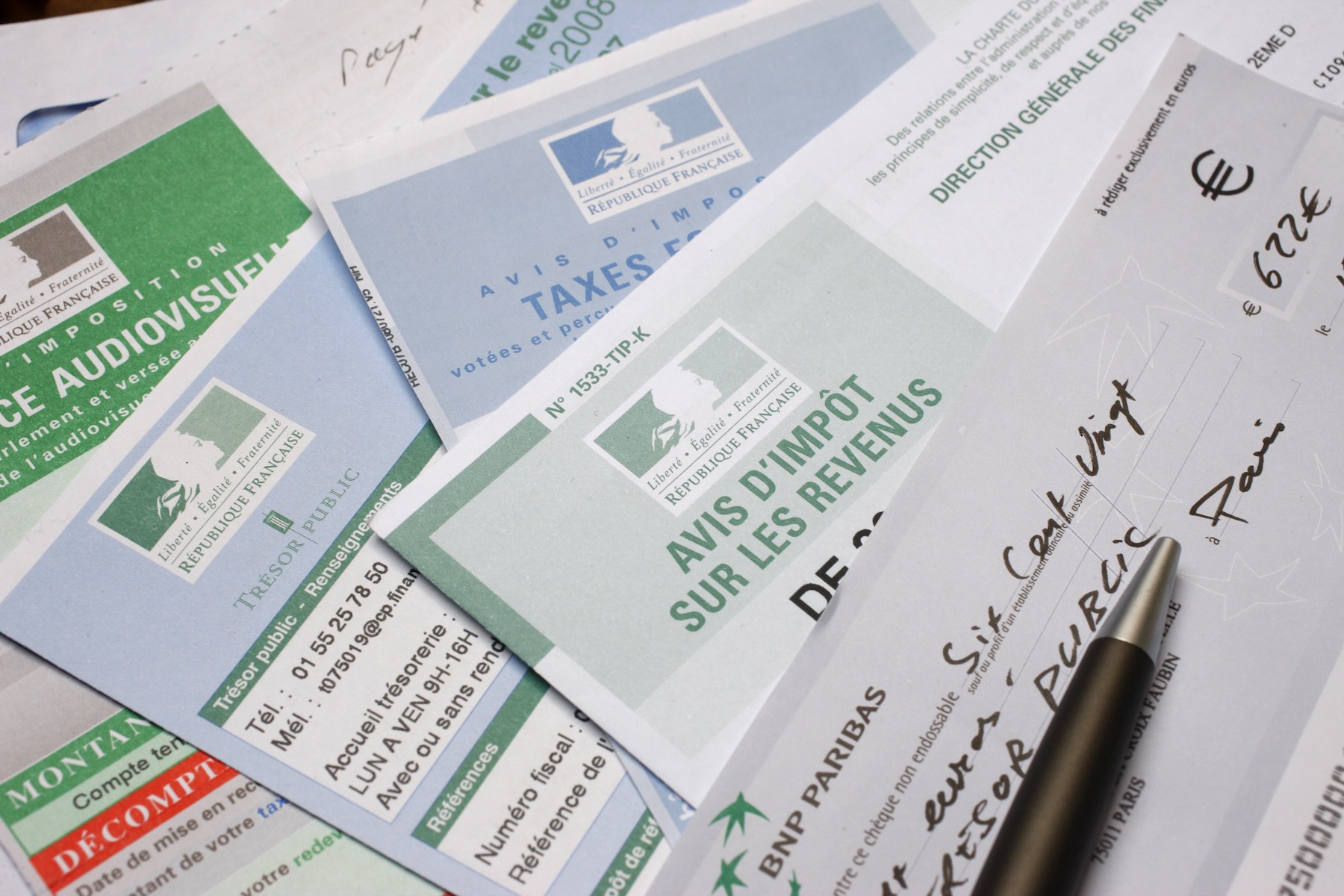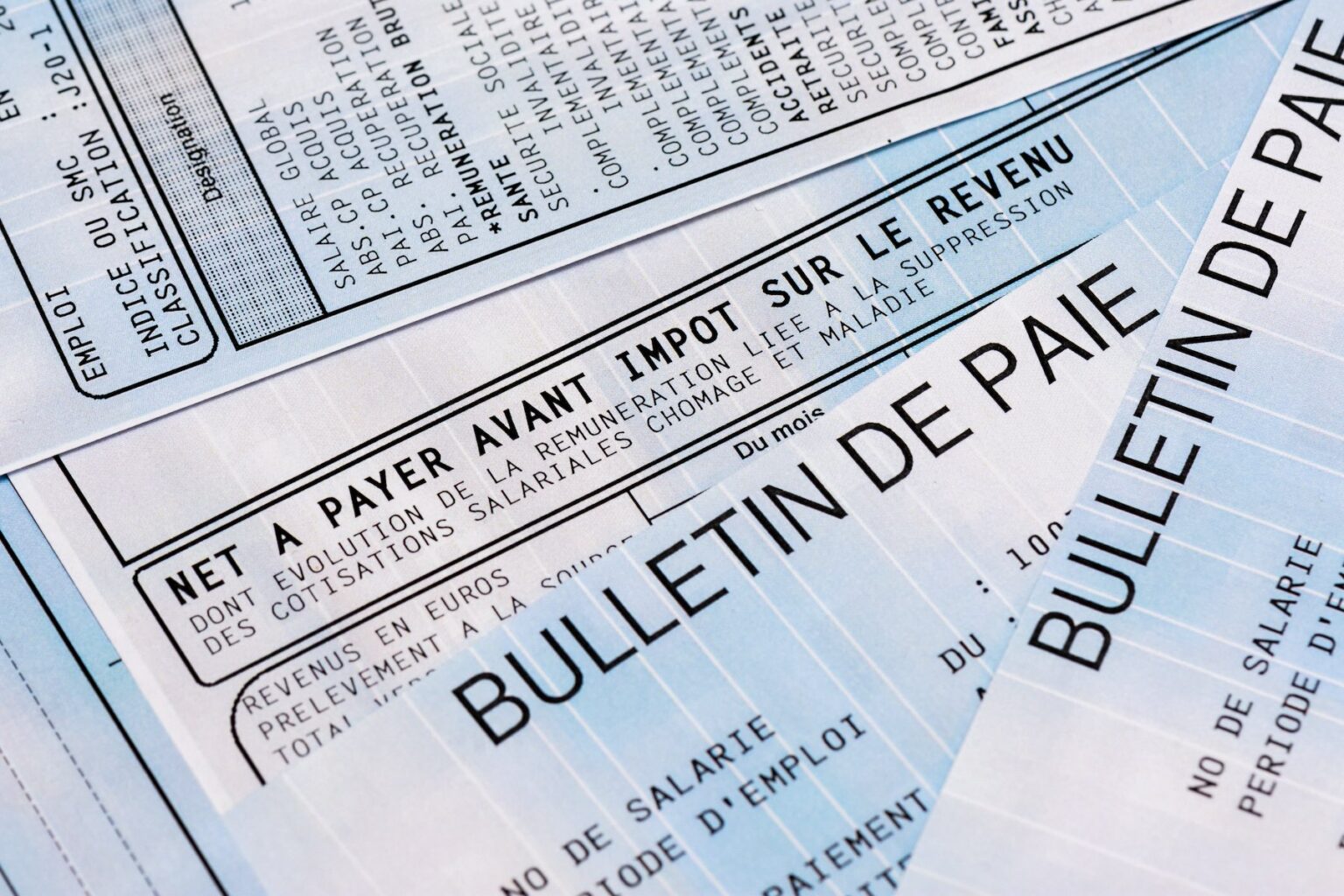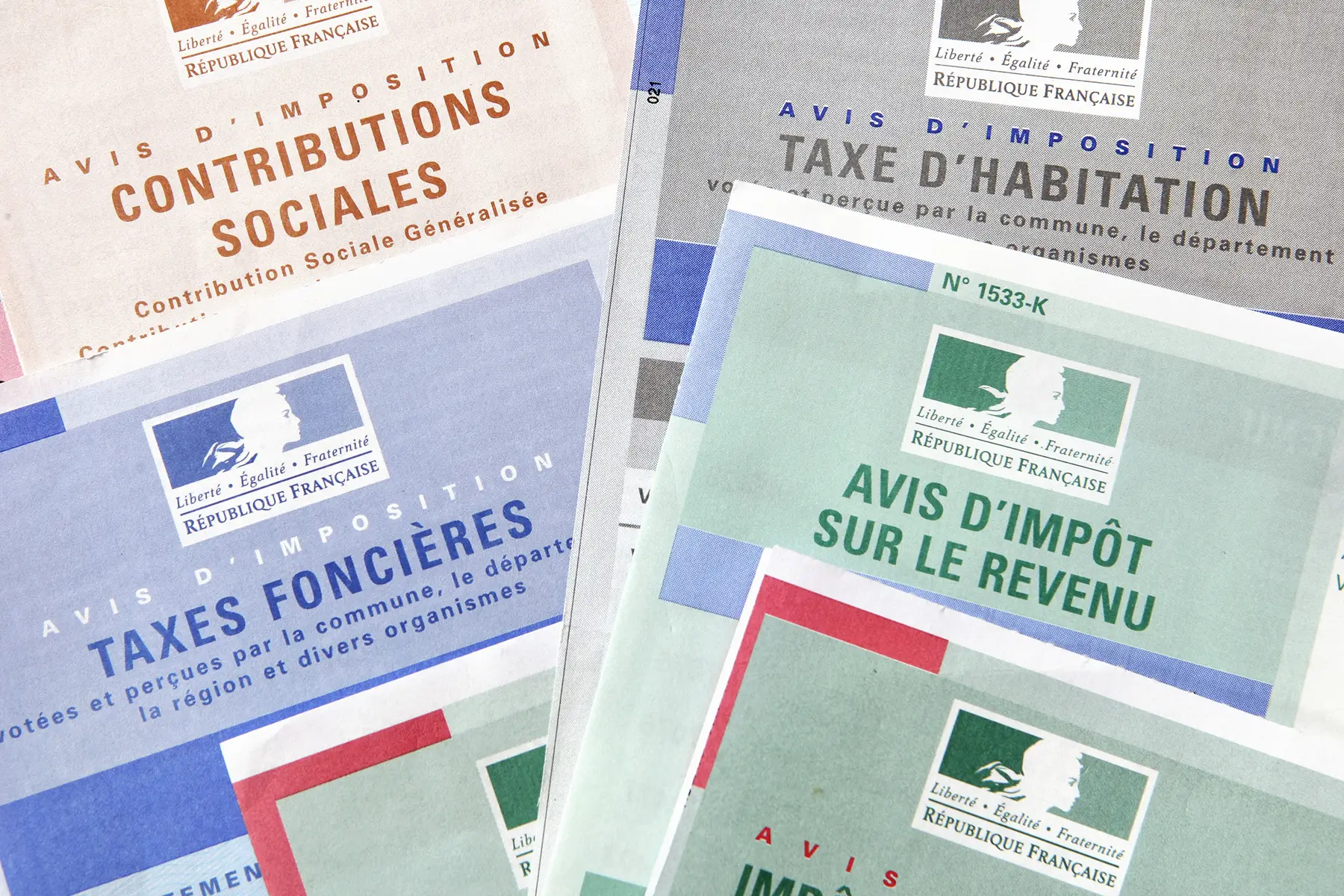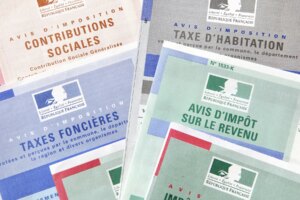When moving to France, understanding the country’s financial rules and regulations can be one of the biggest challenges. You’ll be expected to pay income taxes yearly if employed in France or make a significant amount of money there.
If you’re an expat managing finances across borders, multi-currency accounts like Wise can help simplify currency exchanges and international transfers when dealing with tax obligations. More on that later.
Find everything you need to know about French tax returns for 2025 below, including the following:
Elitax
Thinking of moving to France, but not sure how to manage your tax when you get there? Struggling to understand your tax after your circumstances have changed? Elitax can help you understand and manage your taxes in France before and after you arrive in the country.
How does income tax work in France?
The Ministry of Economy and Finance oversees France’s tax system. If you earn money in the country, you’ll probably need to pay income tax (impôt sur le revenu, IR).

France’s tax year runs from 1 January to 31 December. The country is a relatively recent adopter of a pay-as-you-earn (PAYE) tax system, which automatically taxes employees. Taxpayers must also pay French social security (prélèvements sociaux), which funds pensions, healthcare, and employment benefits.
Data from the French government shows that, as of 2022, 56% of public money was spent on social protection (including retirement, health, and family benefits), 9% on education, and 5% on transport and public facilities.
Tax is payable on the following forms of income:
- Employment and self-employment: taxed progressively across five bands with rates ranging from 11% to 45%
- Savings, investments, and bank interest: taxed at a flat rate of 30%, comprising of income tax of 12.8% and social charges of 17.2%
- Rental income: taxed at the same rates as employment income
With rental income, if you make less than €15,000 from rent, you can deduct allowable expenses or use the micro-tenure system. You can deduct a 30% lump sum allowance against your rental income. If you make over €15,000, you must declare your net income and itemize your allowable deductions.
Managing international finances with Wise
Wise multi-currency account
Living as an expat in France means managing finances across multiple countries and currencies. You can hold and exchange 40+ currencies at the mid-market exchange rate. Get local account details in 8+ currencies, including major currencies like EUR, USD and GBP, and use the Wise card for spending worldwide. Whether you’re paying taxes, receiving income from abroad, or managing regular transfers between countries, Wise helps you avoid hidden fees and simplify your cross-border financial life.
Latest news about income taxes for 2025
Income tax rates for 2025 have risen by 1.8%, in line with inflation. The threshold for paying income tax is now €11,497, up from €11,294. The top tax rate of 45% is now payable on income above €180,294, up from €177,106.
A new tax on the wealthiest households (contribution différentielle sur les plus hauts revenus) will apply for one year, rather than the three years previously mooted. The tax will ensure that people earning more than €250,000 (€500,000 for a couple) will pay income tax of at least 20% (37.2% including social security contributions). The tax is expected to affect around 25,000 households and will apply to income earned in the 2025 tax year.
French tax rates: how much tax will I pay in 2025?
Income tax in France falls into five brackets levied progressively based on how much you earn. The rates for 2025 and 2024 are as follows:
2025 tax rates
| Income tax bracket | Tax rate |
| Up to €11,497 | 0% |
| €11,498–29,315 | 11% |
| €29,316–83,823 | 30% |
| €83,824–180,294 | 41% |
| €180,295 and above | 45% |
2024 tax rates
| Income tax bracket | Tax rate |
| Up to €11,294 | 0% |
| €11,295–28,797 | 11% |
| €28,798–82,341 | 30% |
| €82,342–177,106 | 41% |
| €177,107 and above | 45% |
Based on the 2025 rates, a single person making €25,000 a year would pay no tax on the first €11,497 and 11% on the remaining €13,503, resulting in an annual tax bill of €1,485.
The amount you’ll pay may vary if you are married or have children since you’ll need to make a joint declaration. The tax owed is calculated by your quotient familiale.

The French government provides a tax calculator, which helps you work out your tax liability, but you may wish to seek professional tax advice on your situation.
Income tax for self-employed workers
You’ll pay income tax at the standard rates if you are self-employed and a sole trader.
If your business is considered commercial sales, you’ll have a fixed cost allowance against 71% of sales through the tax matrix within the Micro Bénéfices Industriels et Commerciaux (Micro-BIC).
You’ll also be taxed through Micro-BIC for service-based businesses, but your allowance is 50%.
Finally, running a business in a professional field (for example, if you’re a lawyer) will have you taxed under a different matrix called the Micro Bénéfices Non Commerciaux (Micro-BNC), and your allowance is 34%.
Income tax for non-residents
France taxes non-residents at a flat rate of 20% for income up to €29,315 or 30% above this threshold.
Who pays income tax in France?
Who needs to file a French tax return?
Theoretically, all adults who earn money in France must file a tax return. Most French workers have their employer withhold their tax at source under the PAYE system.
If this applies to you, you’ll receive an email informing you that your tax return has been pre-filled. You’ll just need to log in to your online account to ensure the figures are correct. The return will then be automatically approved.
If you have other forms of income, such as investment income or income from real estate, you’ll need to include this in your return. Additionally, as French tax returns include your whole household, you must inform the tax office if you get married, divorced, or have a child.
Income tax for foreigners
Under French law, you are a resident for tax purposes if you meet any one of the following four conditions:
- Your permanent home is in France
- You spend most of your time in France (at least 183 days during a calendar year, or even less if you spend more time in France than in any other country)
- You have a job, or are professionally active in France
- The center of your economic or financial interest is in France
If you’re not a resident of France but are earning income from French sources, such as a French company, you must pay taxes on that income.

France has tax treaties with many countries to avoid dual taxation, so be sure to research the tax policies in your home country.
When dealing with taxes across multiple countries, providers like Wise can help you manage different currencies efficiently in one place. Wise offers multi-currency accounts that let you receive, hold, and transfer money in multiple currencies at the mid-market exchange rate with low conversion fees, making it easier to handle your international tax obligations.
Filing US taxes from France
Every US citizen and Green Card holder must file a tax return with the IRS, even those living abroad. Many US expats are unaware of this obligation, assuming that, as expats, they don’t need to file or pay taxes in the US.
The good news is that as long as you’re paying taxes in another country, you usually don’t owe anything to the IRS, but it’s essential to make sure, and the law says you still have to file.
Learn how to file your US tax returns from France by reading our article on taxes for American expats. Alternatively, you can seek advice from a company that offers a specialized tax filing service for expats, such as H&R Block.
H&R Block
Filing U.S. taxes from France? H&R Block’s expat tax experts simplify the process with easy online registration and remote filing. Whether it’s answering tricky tax questions or managing paperwork, they’ve got you covered. Stay compliant, stress-free, and up-to-date – contact H&R Block today.
Who is exempt from income tax?
The French government offers credits to tax residents who are of older age or living with disabilities. Additionally, if you earn less than €11,497 annually, you shouldn’t have to pay income taxes. Beyond this, you can claim plenty of tax credits while filing your tax return.
How do you file your tax return in France?
You must file your tax return online if you have access to the internet at home.
The French tax year follows the calendar year: 1 January to 31 December. Tax return deadlines vary slightly each year and are announced in late spring of the same year the taxes are due.
To avoid online congestion, the deadlines to file a French tax return online vary between France’s départements (101 regions in total). In 2025, the deadlines are as follows:
- 22 May: online deadline for départements 1–19 and those living outside of France
- 29 May: online deadline for départements 20–54
- 5 June: online deadline for départements 55–95 and those living in Overseas France
How to register for tax in France?
To pay tax in France, you’ll need a tax number. The French tax identification number (TIN) is called numéro fiscal de reference or numéro d’identification fiscale.
You can apply online or fill out form 2043 and take it to the local tax office to get a tax number. If you don’t apply in advance, you’ll receive your tax number automatically when you submit your first tax return.
Which forms do I need to fill out?
France has different forms for each type of income tax that must be filled out to accompany your main French tax return form (Form 2042). If you have paid French taxes before, you typically receive Form 2042 pre-filled, on which you should list your updated worldwide income and gains.

Other French tax forms include:
- 2042C: micro-entrepreneurs, complementary income, and tax credits; it is also where you can offset tax paid elsewhere
- Rental income is either declared in Form 2013 (furnished properties) or Form 2044 (unfurnished properties)
- 2047: for declaring any income earned from abroad, which also must be stated on Form 2042
- 2074: capital gains (profit) from the sale of any assets or investments
- 2035: BNC business earnings (régime réel)
- 2031: BIC business earnings (régime réel)
- 2047: for declaring any income earned from abroad, which also must be stated on Form 2042
- 3916: for any bank accounts held abroad
Deductibles and tax relief
The following are typically deductible from your French income taxes:
- Outside-the-home childcare for children under 6 (50% of the cost, up to a ceiling of €3,500 per child
- Having school-age dependents (€61 per child for collège, €153 for lycée, or €183 for university)
- Installation of energy-saving technologies in the home (a chaudière à condensation or chaudière à basse temperature)
- Employing a domestic worker (frais d’emploi d’un salarié à domicile) – you may deduct 50% of the salary, up to a maximum credit of €6,000
- Giving money to a charitable organization will provide for a deduction of either 75% (up to €1,000) or 66% of the amount donated, subject to further limitations depending on the charity
- Child support costs as a result of a divorce judgment
- Union fees
How do I pay my French income tax?
Once you have submitted your tax return, you’ll receive a declaration called l’avis des impôts sur le revenu. If you need to make a payment, you’ll receive a notice called un avis d’imposition.
There are several ways to pay the tax due, including via your online tax account, bank transfer, direct debit, or in person at your local tax office.
If you need to transfer money from a foreign bank account to pay your French taxes, using Wise can save you money on international transfer fees. Wise offers international transfers at the mid-market exchange rate with transparent fees, helping you maximize your money when settling tax bills.
Income tax refunds
Unlike in other countries’ tax systems, big tax refunds aren’t standard in France. However, if you have overpaid in taxes by the 10th month of PAYE, you’ll receive a tax refund after your tax notice goes out.
If you believe there was an error with your taxes or refund, you have two years to file a claim with the appropriate public finance center.
What happens if I don’t pay my income tax on time?
A fine of €15 applies if you fail to file online two years in a row (essentially allowing a one-year grace period to adapt). If you’re late to file your taxes, you risk being penalized at 10% (majoration).
If you underpay tax, you could be liable for interest at 0.4% per month and a penalty of 10% to 80% of the underpaid tax, depending on the seriousness of the offense.
Income tax advice in France
When living, working, and filing taxes in a new country, seeking expert advice is essential.

This is even more true if you have a complicated tax status, such as being self-employed or owning property. So, don’t face tax season unprepared—get appropriate financial advice to avoid problems or penalties.
Websites like the International Federation of Accountants can help you find member organizations. You can also check our directory of accountants and tax preparation services in France for assistance.
Useful resources
- Service-Public – the French civil service website. It has detailed information on all aspects of personal and business taxation and social charges.
- French Ministry of Economy and Finance – the body that collects income tax.
- French tax return online – tax payment service website









